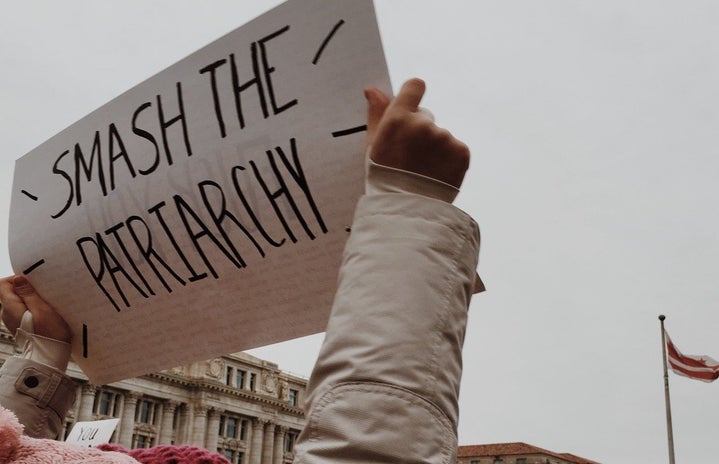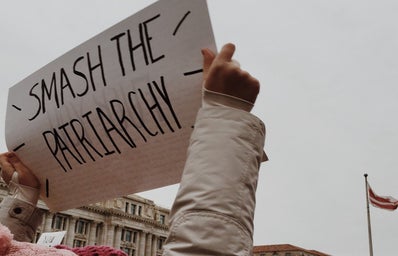A lot of the time, I get in my own head about practicality. We are told (whether directly or indirectly) that there are right and wrong fields of study, which take us on the trajectory of the right and wrong career paths. Throughout my freshman year, I dealt with imposter syndrome as a result, causing me to take a weed-out class I had absolutely no interest in. I thought of it as a backup plan, being a foundation course if I wanted to change my major to something ‘more practical.’ And I hated it. The unnecessary stress that formed from a GE resulted in reevaluating what practicality even meant. I told myself that the next quarter, I would choose a class solely based on whether or not I found it interesting, and that turned out to be GWSS 200: Introduction to Women Studies.
Looking back, I’m not sure what I was expecting this class to be, but it turned out to be the most intellectually stimulating class I have ever taken at the UW. I’ve always been a self-proclaimed feminist, but I had never looked at the movement through a globalized perspective. The focus on intersectionality when talking about feminism brought to light the discriminatory hierarchy within a movement about equality. I analyzed gender in relation to race, ethnicity, religion, ability, sexuality, socioeconomic status, age, educational background, among other social identities. As a cisgender, white woman, it quickly became apparent that my perspective on feminism was vastly limited by what is perpetuated about equality in popular media. Right now, I am in the midst of taking my second course in the GWSS department: Psychology of Gender. And as with the introductory course, it challenges what I thought I knew about gender.
Why should you take a class in the GWSS department? The Gender, Women, and Sexuality Studies department is one of the oldest programs of its kind. The array of topics you would be able to learn about is ever expanding. There’s also something to be said by taking courses in a department where (for the most part) everyone shares similar viewpoints. It fosters an inclusive environment in a way that none of my other classes ever have. GWSS 200 was a class where I felt comfortable sharing my perspective, but also challenged what I thought I knew about feminism. And from what I’ve heard from my peers, most (if not all) classes in the department are the same. If you ever get the opportunity to take a GWSS course, take advantage of it!


